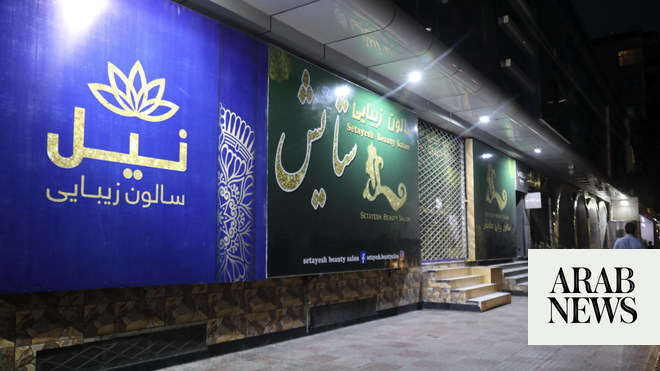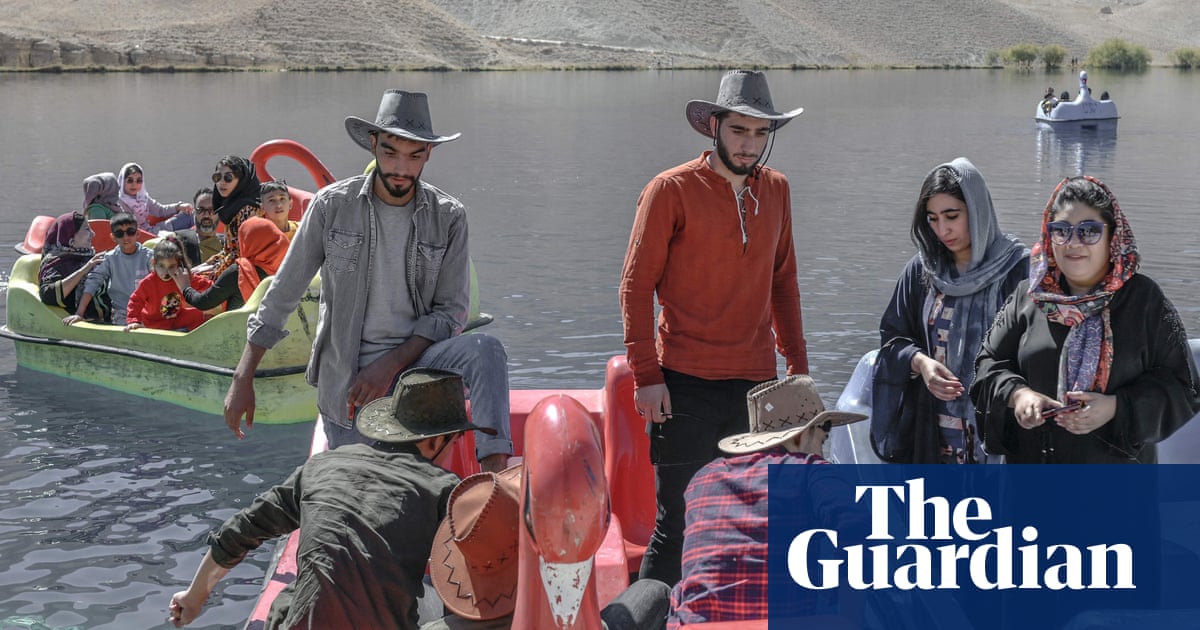
New Taliban laws that prohibit women from speaking or showing their faces outside their homes have been condemned by the UN and met with horror by human rights groups.
The Taliban published a host of new “vice and virtue” laws last week, approved by their supreme leader Hibatullah Akhundzada, which state that women must completely veil their bodies – including their faces – in thick clothing at all times in public to avoid leading men into temptation and vice.
Women’s voices are also deemed to be potential instruments of vice and so will not be allowed to be heard in public under the new restrictions. Women must also not be heard singing or reading aloud, even from inside their houses.
“Whenever an adult woman leaves her home out of necessity, she is obliged to conceal her voice, face, and body,” the new laws state.
Men will also be required to cover their bodies from their navels to their knees when they are outside their homes.
From now on, Afghan women are also not allowed to look directly at men they are not related to by blood or marriage, and taxi drivers will be punished if they agree to drive a woman who is without a suitable male escort.
Women or girls who fail to comply can be detained and punished in a manner deemed appropriate by Taliban officials charged with upholding the new laws.
The restrictions have been condemned by Roza Otunbayeva, the special UN’s representative for Afghanistan, who has said they extend the “intolerable restrictions” on the rights of women and girls already imposed by the Taliban since they took power in August 2021.
“It is a distressing vision for Afghanistan’s future, where moral inspectors have discretionary powers to threaten and detain anyone based on broad and sometimes vague lists of infractions,” she said in a statement on Sunday. “It extends the already intolerable restrictions on the rights of Afghan women and girls, with even the sound of a female voice outside the home apparently deemed a moral violation.”
Speaking to Rukhshana Media, Mir Abdul Wahid Sadat, the president of the Afghan Lawyers Association, said that the new laws contradicted Afghanistan’s domestic and international legal obligations.
“From a legal standpoint this document faces serious issues,” he said. “It contradicts the fundamental principles of Islam [where] the promotion of virtue has never been defined through force, coercion, or tyranny.
“This document not only violates Afghanistan’s domestic laws but also broadly contravenes all 30 articles of the Universal Declaration of Human Rights.”
“The Taliban government does not have any sort of legitimacy and these new edicts designed to further erase and suppress woman are an indication of their hatred towards women,” says Fawzia Koofi, an Afghan human rights activist who was the first woman vice-president of the Afghan parliament.
“When they say women cannot speak in public as they regard women’s voices as a form of intimacy it is incredibly frightening yet the whole world acts like this is normal. There have been very few reactions of comments to what is happening and the Taliban are emboldened by this indifference. It is not only women but all human beings they are targeting. They must be held accountable.”
Shukria Barakzai, a former Afghan parliamentarian who was Afghanistan’s ambassador to Norway, agreed the international community’s silence on the Taliban’s oppression of Afghanistan’s 14 million women and girls had played its part in the criminalisation of women’s bodies and voices.
“It is concerning that international organisations, particularly the United Nations and the European Union, instead of standing against these inhumane practices, are trying to normalise relations with the Taliban,” she said. “They are, in a way, whitewashing this group, disregarding the fact that the Taliban are committing widespread human rights violations.”
In the three years since seizing power from the US-backed government, the Taliban have imposed what human rights groups are calling a “gender apartheid”, excluding women and girls from almost every aspect of public life and denying them access to the justice system.
Prior to the new “vice and virtue” laws, women and girls were already blocked from attending secondary school; banned from almost every form of paid employment; prevented from walking in public parks, attending gyms or beauty salons; and told to comply with a strict dress code.
Earlier this year, the Taliban also announced the reintroduction of the public flogging and stoning of women for adultery.
The Taliban have been approached for comment.












